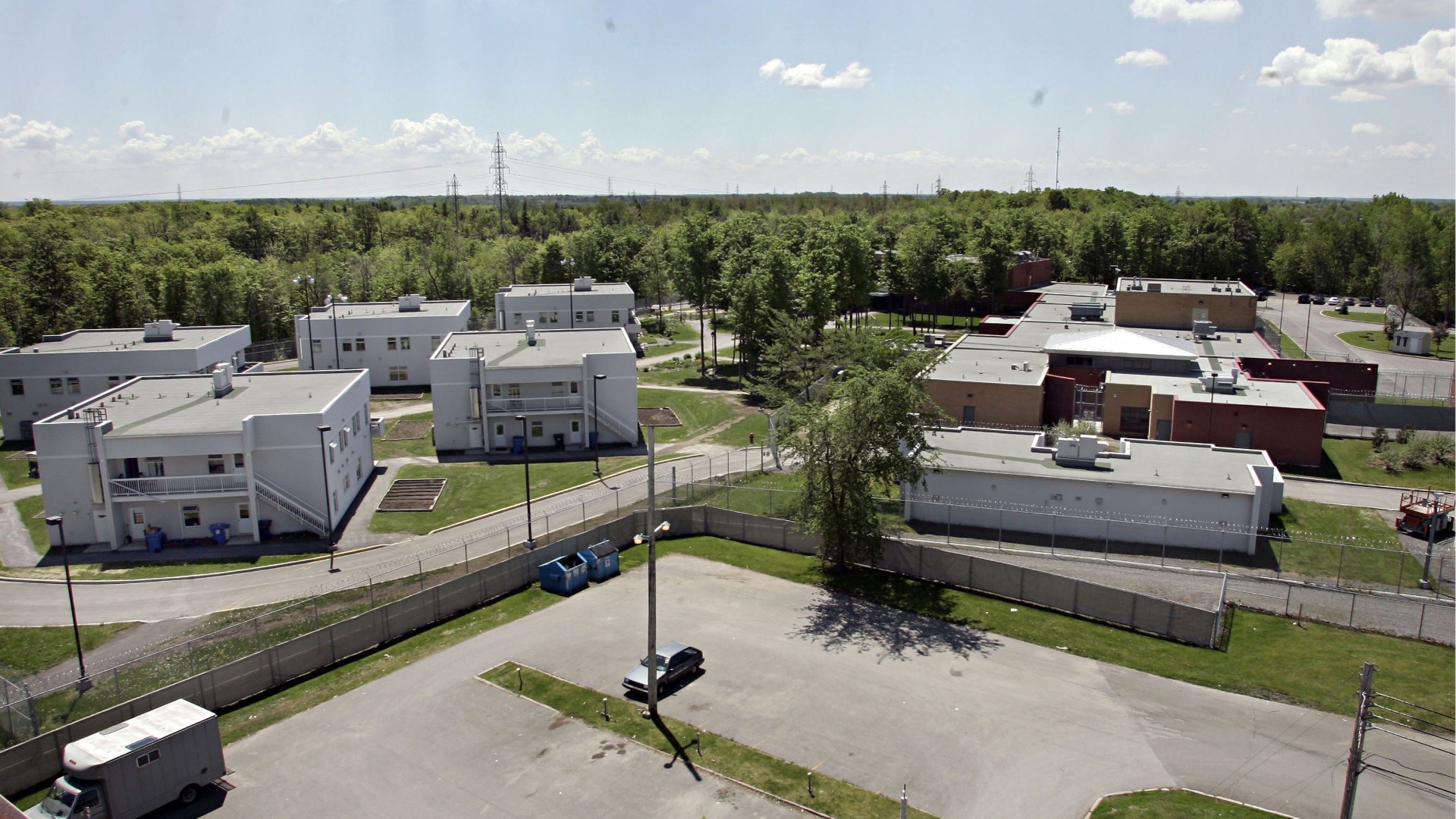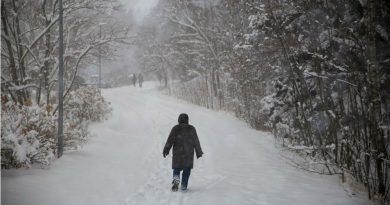Inuit in Canada’s federal penitentiaries overrepresented when it comes to COVID-19

The most recent COVID-19 update for federal corrections facilities in Canada has found that there is an over-representation of Inuit prisoners who have contracted the virus, especially in Quebec.
The report, released by the office of the Correctional Investigator on June 19, found that Inuit prisoners make up less than one per cent of the total incarcerated population, but represent 5 per cent of COVID-19 cases in federal corrections facilities.
The majority of those cases were at a lone institution in Quebec, unnamed in the report.
Prison situation improving
Since the start of the pandemic, 360 cases of the coronavirus have been reported in federal corrections facilities, approximately 2.7 per cent of the total prison population). The outbreak was spread across five penitentiaries: The Federal Training Centre prison in Quebec, the Joliette Institution in Quebec, the Port Cartier Institution in Quebec, the Grand Valley Institution in Ontario and the Mission Institution in British Columbia.

But as of June 19, there was only one known active case of COVID-19 among current federal inmates.
“Incidence data indicates that the total number of confirmed COVID-19 cases among federal inmates appears to have stabilized and is holding relatively stable since the end of ApriI,” said the Office of the Correctional Investigator in the report. “Indeed, there have been relatively few new daily-confirmed cases from about mid-May onward.
“Overall, these trends and developments are positive and indicative of the mobilization of tremendous effort, commitment and resolve of CSC (Correctional Service of Canada) staff and management in recent months to flatten the curve in federal corrections.”
The report did not give further details of why the Inuit prisoners were overrepresented when it came to COVID-19 infections. The office of the Correctional Investigator did not respond to requests for comment before publication.
Write to Eilís Quinn at eilis.quinn(at)cbc.ca
Related stories from around the North:
Canada: Nunavik justice issues “extremely important” to tackle, says Quebec government, Eye on the Arctic
Finland: Police response times up to an hour slower in Arctic Finland, Yle News
Sweden: Film exploring racism against Sami wins big at Swedish film awards, Radio Sweden
United States: Lack of village police leads to hiring cops with criminal records in Alaska: Anchorage Daily News, Alaska Public Media



